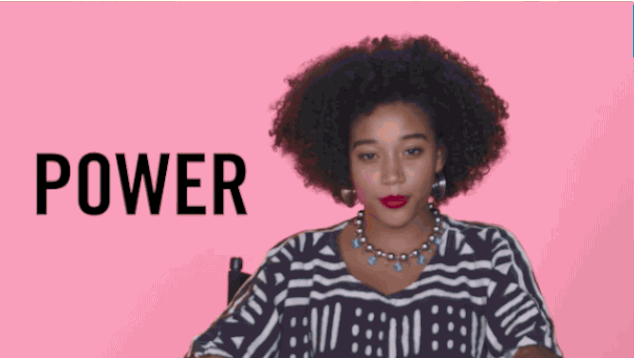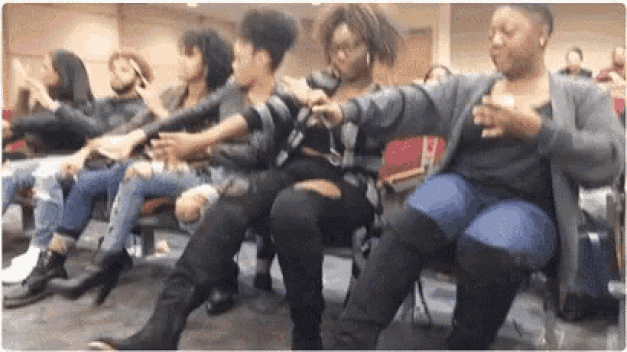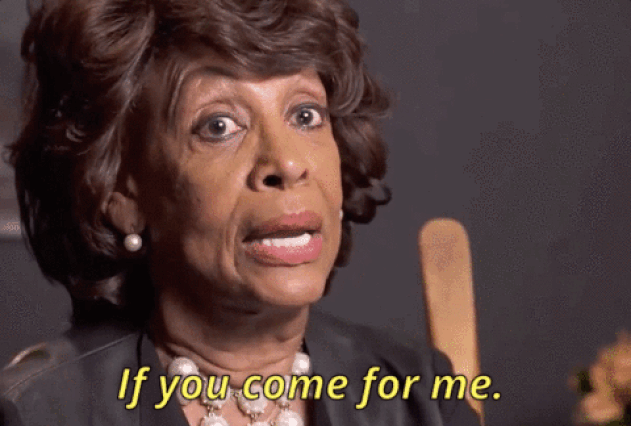|
|
First coined as “Black Girls are Magic” by Cashawn Thompson, the slogan #BlackGirlMagic proliferated a few months after Alicia Garza, Patrisse Cullors, and Opal Tometi created #BlackLivesMatter. In this course, we will treat #BlackGirlMagic as a very specific temporal relationship to Black feminisms, public pedagogies related to digital Blackness, Black freedom movements, and 21st century (re)iterations of white supremacist and imperialist narratives. We will challenge and move beyond the simplistic frames that have positioned (and thereby dismissed) #BlackGirlMagic (BGM) as merely a kind of beauty and representational politics that must ultimately fail for only imagining “magical interventions” against racialized/sexualized violence. Instead, we will closely examine contemporary political and aesthetic conversations in Black feminisms that have made BGM possible/legible. The course has four themes:
Theme
|
Theme Three |
In THEME III, We traverse the spectrum of Black Girlhood Studies as a new category of analysis for the meanings of reading, writing, and schooling. We will look at activism and policy campaigns that challenge Black girls’ criminalization via schooling and policing regimes like the work of
|
Kimberlé Crenshaw’s #SayHerName and Monique Morris’s Pushout: The Criminalization of Black Girls in Schools. We will study research on Black girl literacies and Black feminist pedagogies from scholars like Ruth Nicole Brown and the Black Girls Literacies Collective, treating these as an archive of activist research in relation to race, gender, sexuality, and justice.
Theme Four |
In THEME IV, we tap the magic in Black Girl Magic by examining ongoing digital justice projects, comics, YA literature, and urban street fiction that center Black girls. We will look at Black feminist digital vernaculars--- from projects like Kimberly Bryant’s “Black Girls Code,” Yaba Blay’s “Professional Black Girl” series, Pauline Alexis Gumbs’s “Eternal Summer,” to the
|
plethora of AfroNaturalistas reimagining beauty standards. We will look at these works as spaces that innovate on the most available technologies in order to push alternative sites of knowledge, racial rhetorics, authoring, and textual production. We will also study Black girl image-making in texts like Braveheart by Eve Ewing, Shuri by Nnedi Okorafor, and Bingo Love by Tee Franklin as well as YAL and urban fiction.
We will treat our class as a kind of maker-space where we strategically position what Alexander Weheliye calls “racializing assemblages” alongside Black feminism’s “disavowed” yet stand-alone sustained reinvigoration of African American cultural theory. Since the “sexualized ungendering of the Black subject” (Weheliye 108) has played a pivotal role in the making of modernity, we will reject any notion that our keen focus on Black women and femmes is unrelatable or irrelevant to any western geography and thereby ask new questions of whitestream classrooms, literacies, digital/cultural theories, and rhetorical histories.
We will treat our class as a kind of maker-space where we strategically position what Alexander Weheliye calls “racializing assemblages” alongside Black feminism’s “disavowed” yet stand-alone sustained reinvigoration of African American cultural theory. Since the “sexualized ungendering of the Black subject” (Weheliye 108) has played a pivotal role in the making of modernity, we will reject any notion that our keen focus on Black women and femmes is unrelatable or irrelevant to any western geography and thereby ask new questions of whitestream classrooms, literacies, digital/cultural theories, and rhetorical histories.
Defined by graduate students at Texas Christian University in September 2019
Site Designed/Maintained by Carmen Kynard
|




